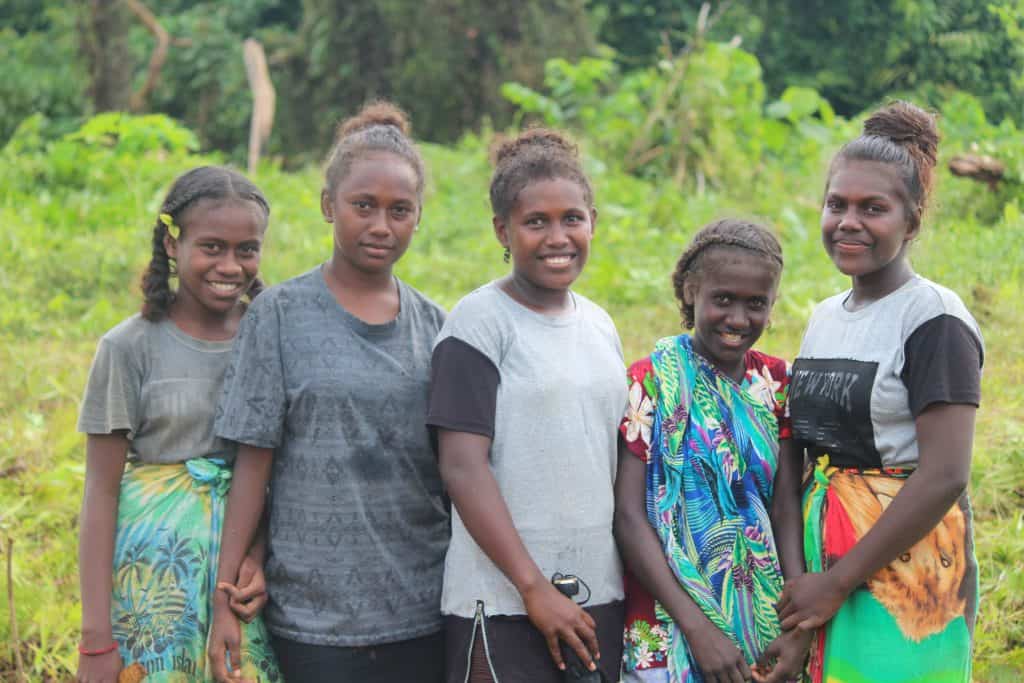ADRA has provided food assistance to millions of people worldwide. In 2019 alone, ADRA distributed food aid to over 3 million beneficiaries in various countries affected by crises, natural disasters, and food insecurity.
ADRA’s approach to food assistance emphasizes sustainability and community empowerment. Through its agricultural and livelihood programs, ADRA has helped numerous communities improve food security and self-sufficiency. In 2020, ADRA supported more than 80,000 farmers with training and resources to increase agricultural productivity and food production.
ADRA is committed to responding rapidly to emergencies. On average, ADRA responds to approximately 70 disasters each year, providing immediate food assistance and other forms of aid to those affected by disasters such as earthquakes, floods, droughts, and conflicts.
ADRA's approach to Food Assistance
This is how we do it.
Bolstering local markets
ADRA approaches food assistance by bolstering local markets, aiming to strengthen the overall food security of a community. Instead of relying solely on external aid, ADRA supports local farmers and businesses, providing them with resources, training, and access to markets. By empowering local producers, ADRA helps create sustainable livelihoods and a more resilient food system, reducing dependency on external aid in the long run.
Vouchers
ADRA utilizes a voucher-based food assistance approach, providing vulnerable populations with vouchers that can be redeemed for food items at local markets or authorized vendors. This method empowers beneficiaries by offering them choice and dignity in selecting the food items that best suit their dietary needs and cultural preferences. Additionally, the use of vouchers stimulates local markets, benefiting both recipients and local businesses.
Local procurement
ADRA emphasizes local procurement of food aid whenever possible. By sourcing food locally, ADRA not only supports the local economy but also ensures that the food provided aligns with the dietary habits and preferences of the beneficiaries. This approach fosters community engagement and ownership, making the food assistance program more effective and sustainable.
Logistics systems
ADRA employs efficient logistics systems to ensure the timely and reliable delivery of food aid to communities in need. By utilizing technology and strategic planning, ADRA minimizes delays and wastage, optimizing the distribution process. The effective logistics systems enable ADRA to respond rapidly to emergencies and reach remote or inaccessible areas, ensuring that food assistance reaches those who need it most, even in challenging circumstances.
Another venue to change
The standard chunk of Lorem Ipsum used since the 1500s is reproduced below for those interested. Sections 1.10.32 and 1.10.33 from “de Finibus Bonorum et Malorum” by Cicero are also reproduced in their exact original form, accompanied by English versions from the 1914 translation
One last one here too
Contrary to popular belief, Lorem Ipsum is not simply random text. It has roots in a piece of classical Latin literature from 45 BC, making it over 2000 years old. Richard McClintock, a Latin professor at Hampden-Sydney College in Virginia, looked up one of the more obscure Latin words, consectetur
Impact Stories

World Toilet Day 2025: Building a Future Where Everyone Has a Safe Toilet


